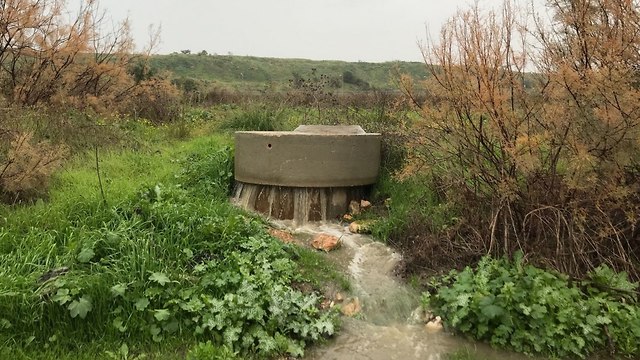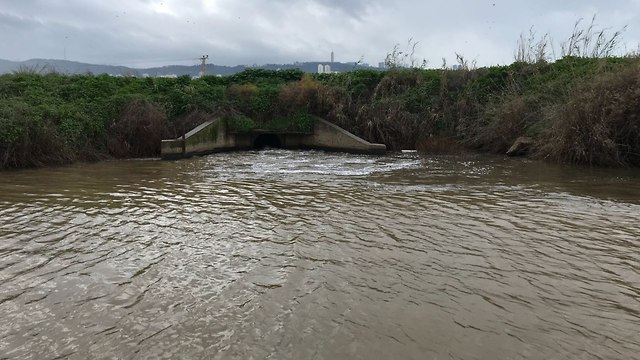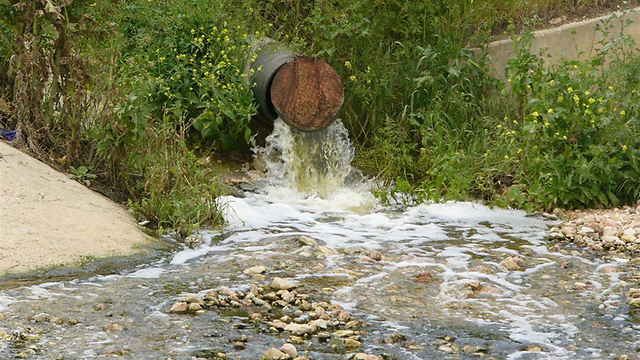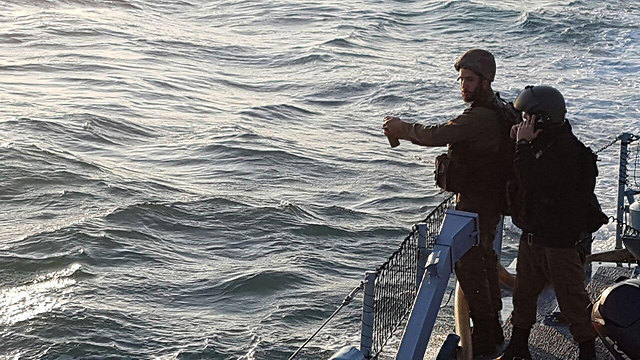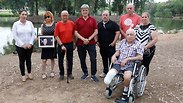
Israeli Navy veterans
Photo: Shaul Golan

Navy veterans gear up for last stand on Kishon dives
Veterans who dove in Kishon Stream and were later afflicted with cancer to submit petition to High Court of Justice seeking recognition, compensation; petition aimed at state for first time, demanding authorities to divulge full breadth of morbidity; Navy veteran says that while he won't live to reap the benefits, he has made it his mission; 'I feel cheated and betrayed by my country,' 70 year old commando veteran adds.
More than 18 years after a Yedioth Ahronoth exposé on the health issues of IDF veterans who dove in the Kishon Stream, remaining survivors are staging what may be their final battle—for recognition of the link between their dives and the cancer many of them were afflicted with.
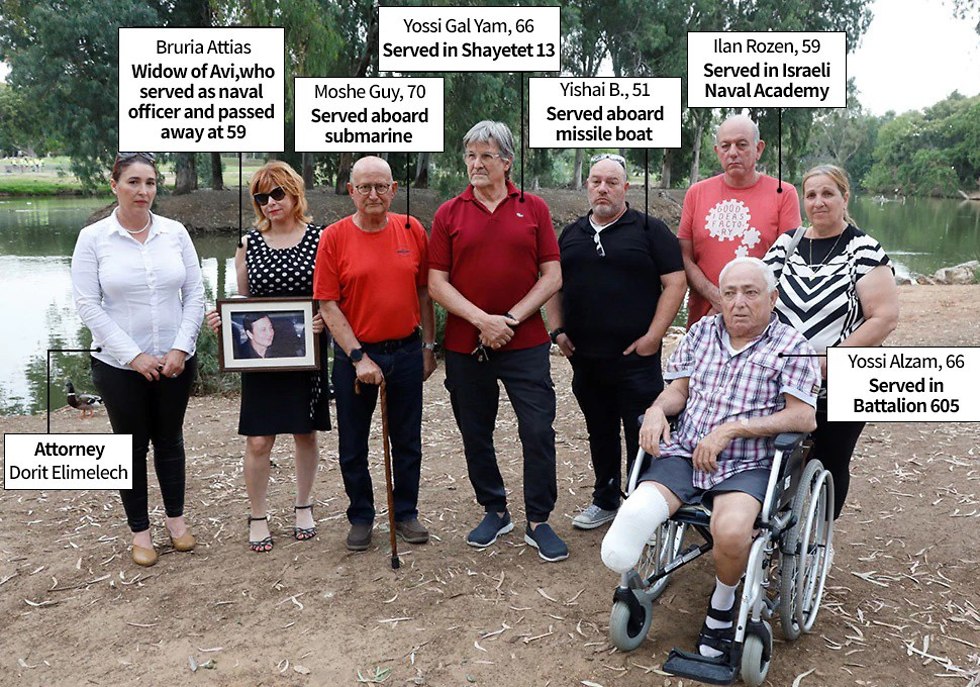
The veterans, most of whom served as naval commandos, dove in the highly polluted body of water in the 1960s, 1970s and 1980s. In the intervening period, many of them developed cancer and other serious illnesses.
In a petition to be served to the High Court of Justice this week, a group of former soldiers and their families will divulge all of the information they possess on the matter, including exact data on the breadth of morbidity among the soldiers who dove in the Kishon.

Israeli Navy veterans are to petition the High Court to recognize the causal link between their dives in the Kishon and later cancer afflictions (Photo: Shaul Golan)
Unlike previous suits, however—most of which were submitted against the factories that polluted the stream in the first place—the state is now being taken to court, with the petition seeking to have the court order the holding of comprehensive tests to determine how many former Navy soldiers have been afflicted with cancer and to draw a link for the first time between said disease and the Kishon.
The veterans are also demanding to summarily receive any and all information surrounding all of the soldiers afflicted with the disease. A heavy curtain of ambiguity exists around the precise numbers, they alleged, and dispelling it may lead to important conclusions.
Attorneys for the petitioners claimed, for instance, that more than 500 ex-Shayetet soldiers and divers had cancer. Responding to their overtures on the matter, the state claimed it was "unfamiliar with the number," which was a "far cry from the number of recognition requests" it possessed.
It was therefore unclear, the reply continued, what the number quoted actually referred to as it failed to specify the type of exposure, the type of cancer and other variables.
Commission found no causal link between dives and cancer
The Kishon affair made it to court several times throughout the years. Following Yedioth's article, a commission of inquiry headed by former Supreme Court chief justice Meir Shamgar was instated, and determined there was no causal link between the diving missions and morbidity, but that soldiers should nevertheless be individually compensated.The commission's chairman, Shamgar himself, was of the minority opinion that such a link did exist. A second report called the Shani report delineated the criteria according to which some of the soldiers should receive recompense.
In 2003, then defense minister Shaul Mofaz decided to recognize the soldiers who dove in the Kishon and were subsequently afflicted with cancer as disabled IDF veterans, but through the years courts determined time and again that there was no causal link between the two.
The last ruling on the matter was made three years ago, with the Supreme Court rejecting a damages claim submitted by soldiers against polluting factories.
'State cheated and betrayed me'
One of the petitioners on the most recent effort to receive recognition was Moshe Guy, a former Navy officer who dove in the Kishon, and is currently battling pancreatic cancer."There's no cure for it," he said, adding he planned to raise his voice in protest one final time before the disease completely overtook him. "I'll sit in front of the Defense Ministry with a huge sign saying, 'You betrayed me,'" he vowed.
"I have been like a Swiss watch since 2000—going to different exams every year under the illusion that if I was diagnosed with cancer I might get treatment," he added. "I assume I won't live to enjoy it, but am still doing it out of a sense of mission."
Guy said that at 70 years old, he still decided to appeal to the court to recognize a causal link between the dives and the Kishon despite the conclusion of the Shamgar commission. "I feel cheated and betrayed by my country," he accused.
Attorney Dorit Elimelech-Raban, who represents the petitioners, said, "We have been close witnesses to the travails of these soldiers, who braved the dangers of intensive exposure to the Kishon's polluted waters."
"We know from qualified, reliable sources that hundreds of soldiers have been afflicted with cancer. The health and defense ministries have the data, but no one is willing to tell us the breadth of morbidity," she protested.
"Withholding the data and turning a blind eye is a blatant abandonment of our sick soldiers. It's conduct that the High Court must denounce," she concluded with a demand.
The Defense Ministry provided comment on the issue, saying it cherished the contributions of generations of Navy soldiers and has invested considerably in caring for them. "However," the statement said, "we see no need for a new inspection of the matter, as the ministry has followed the recommendations of the Shamgar commission and the 2010 Shani report, which determined the criteria for recognizing divers according to rehabilitation laws."
"It's important to note that court rulings have affirmed the state's position and have chosen not to interfere with the report's recommendations, and certainly not to strike them down," the ministry's comment added.
Furthermore, the state pointed out that according to the High Court's verdict on the torts claim submitted by veterans several years ago, no causal link was found between cancer and activities in the Kishon. "If a petition on the matter is submitted to the High Court, the Defense Ministry will outline its position," the statement concluded.














